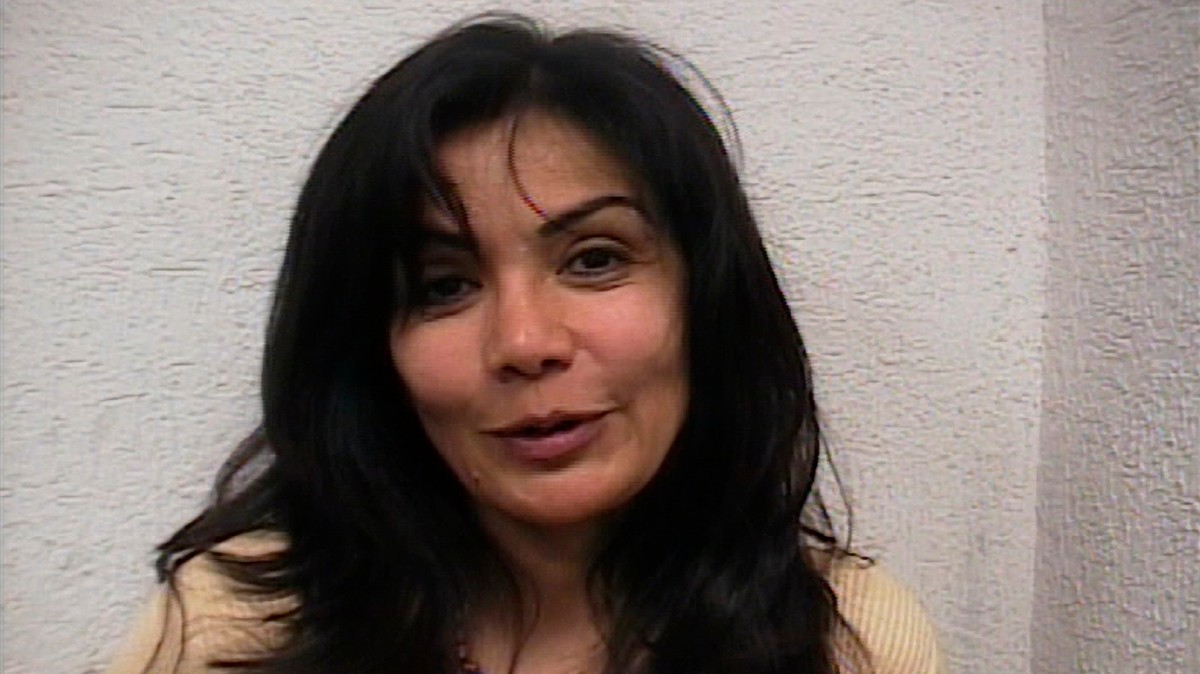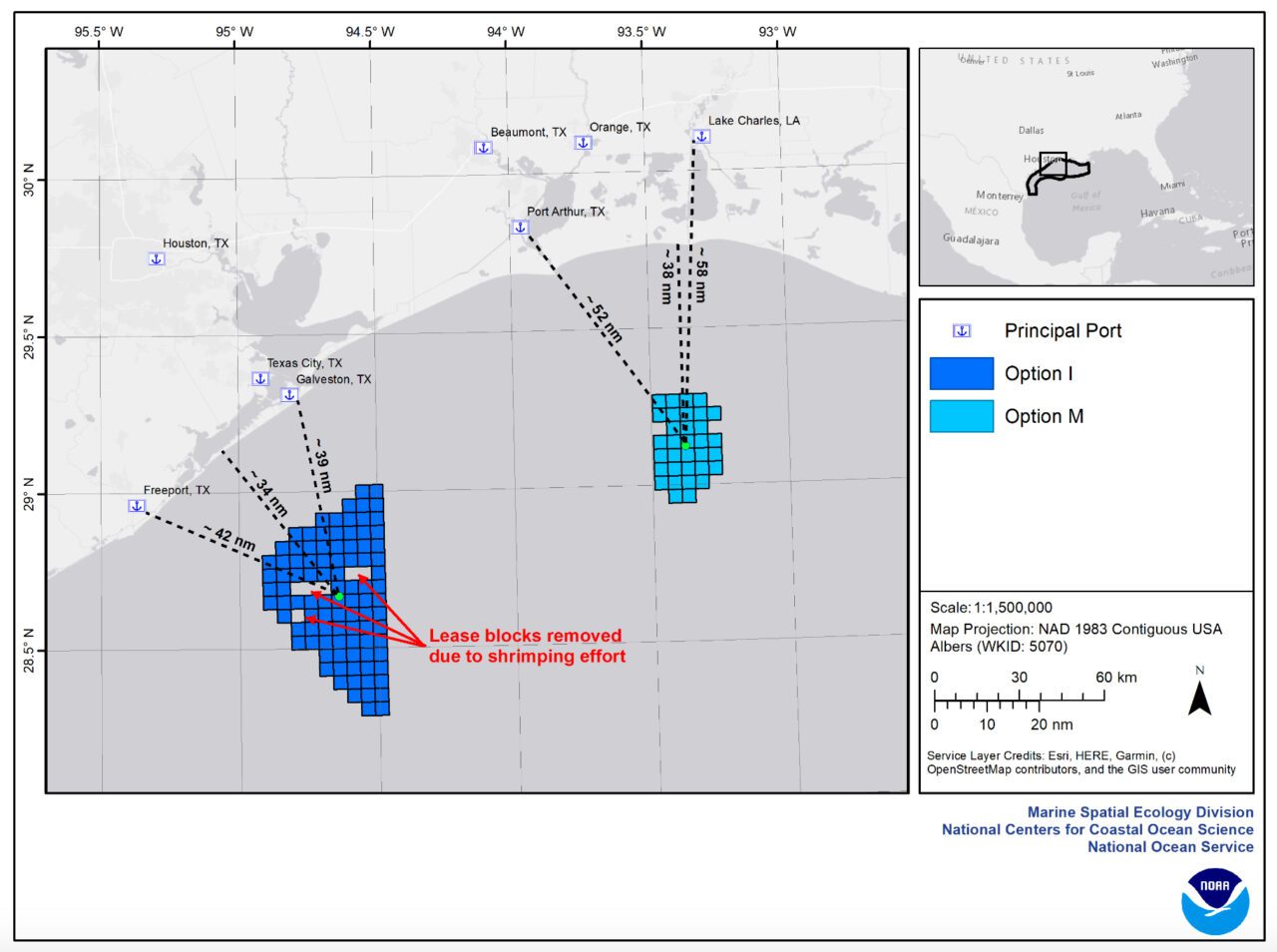[ad_1]
Caring for feedlot cattle, examining onion irrigation practices, and teaching preschoolers about agriculture are not part of the typical college curriculum. But for Desert Research and Extension Center’s five college student interns, these activities are what fill their days.
Located on 255 acres of Southern California desert, DREC focuses on advancing irrigated desert agriculture, livestock and feedlot management, and pest management. It is also home to the Farm Smart agricultural education program, reaching approximately 7,800 participants annually.
In February, DREC welcomed the college student interns – creative thinkers working at the intersection of experimental research and agriculture education. During the internship, the students are working on-site under the mentorship of academics and staff members on applied projects. After years of COVID restrictions, the center is excited to welcome the students in person for hands-on engagement with the research and the public.
“Hosting students at DREC helps us to fulfill our mission while training the next generation of professionals,” says Jairo Diaz, Director of DREC. “I am particularly motivated to provide experiential learning activities to underrepresented groups in agriculture and STEM careers.”
Read on to learn about each of these budding agronomists.
Dianely Alba is majoring in agronomy at the Universidad Autonoma de Baja California, Mexico (This university is about 20 miles south of DREC). She is working under the mentorship of Jairo Diaz-Ramirez on a project focused on improving irrigation and nutrient management practices in onion production in Imperial County.
Melina Munoz is a student at Imperial Valley College studying elementary education. She is an intern for DREC’s Farm to Preschool Festival. Munoz is in charge of developing and translating activities, planning and implementing the festival, and data entry for participant registration and evaluation information.
Lester Nolasco grew up on a farm in Honduras, so he has been involved with animals and agriculture from a young age. He is working under the mentorship of Pedro Carvalho, the Feedlot Management Specialist. Nolasco is currently working on feedlot cattle management and beef cattle nutrition.
“Although my passion is cattle, when you work with these animals, you indirectly learn about agriculture and crops in general because that is also an important part of cattle nutrition,”says Nolasco. Alongside the other feedlot management interns, Nolasco feeds animals, cleans pens, mixes feed, weighs cattle, and does lab work. “It is such a nice experience for me because I had only worked with dairy cattle in the past and this internship is teaching me a lot. I would like to learn as much as I can about beef cattle nutrition. Hopefully, in the future, I will be a professor and share the knowledge I have learned with other professionals back in my country.”
Heitor Otávio Martins de Oliveira has worked with animals throughout his life, starting with his parents’ farm. He attended veterinary school, where he continued to learn about agriculture. At DREC, Otávio Martins de Oliveira is working on beef cattle nutrition management. In addition to daily maintenance tasks, he weighs the cattle monthly and provides any necessary treatments.
“I would like to get as much knowledge as I can about nutrition in the USA and then return to my home country of Brazil to work there,” says Otávio Martins de Oliveira. “Maybe I will get a master’s degree related to reproduction in cattle.”
Willi Meireles was introduced to Carvalho by his professor in Brazil. He is working on evaluating the use of feed additives to increase the performance of feedlot cattle.
“My grandparents own a farm where beef cattle are raised, so since I was a child, I have worked with animals and always liked animal science,” reflects Meireles. “I intend to specialize in ruminant nutrition and, after working hard, be able to have my own beef cattle.”
/h1>/h1>/h1>/h1>/h1>
[ad_2]
Source link















